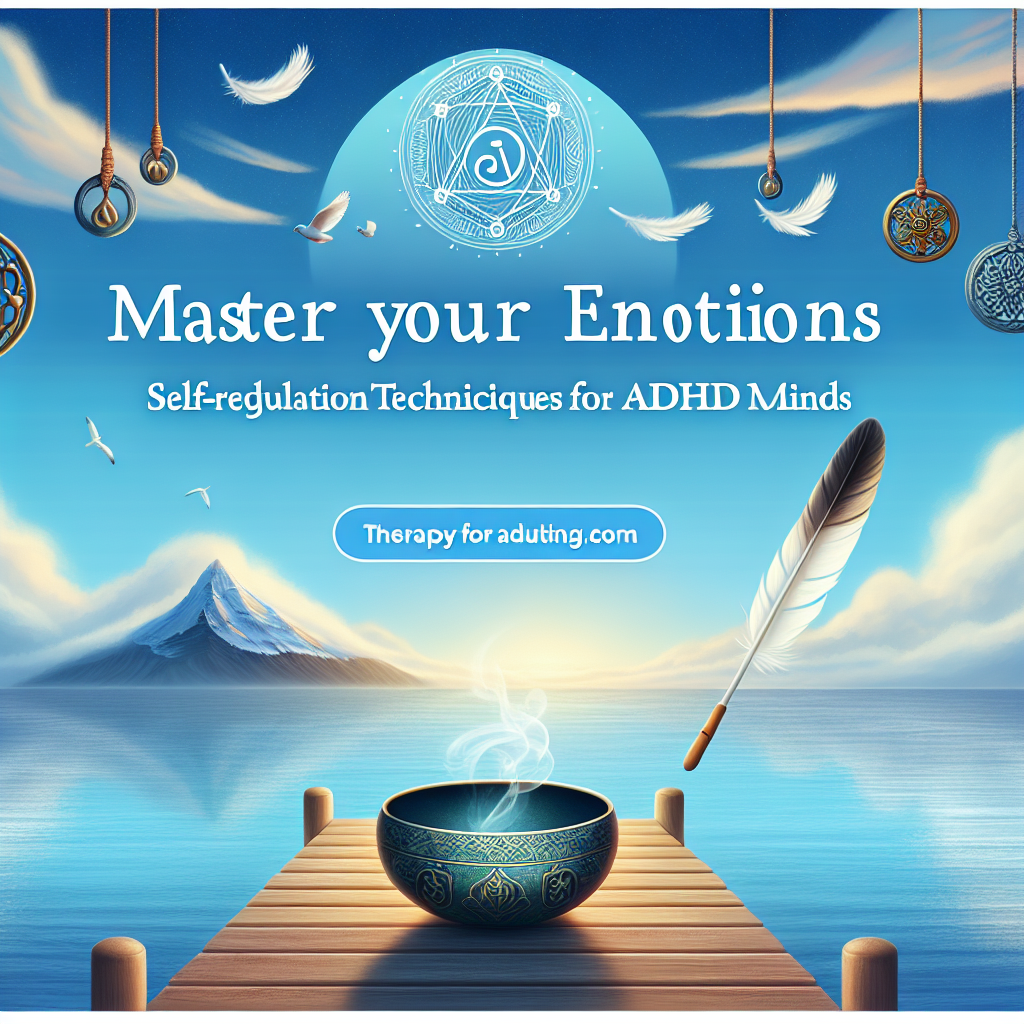
Photographer: Heidi Fin | Source: Unsplash
The holiday season can be a stressful time for many people, especially those with ADHD. Festive sales, last-minute shopping, and the pressure to buy the “perfect” gifts can lead to impulsive spending, which often results in financial strain and regret. Cognitive Behavioral Therapy (CBT) is a powerful tool that can help individuals with ADHD manage impulsive tendencies, including overspending during the holidays.
In this article, we’ll explore how ADHD affects spending habits, how CBT can address these challenges, and practical strategies to reduce impulsive spending.
How ADHD Contributes to Impulsive Spending
Impulsivity is a core symptom of ADHD. It affects decision-making, making it harder to resist the temptation of spontaneous purchases. This impulsivity often becomes more pronounced during the holidays due to:
- Holiday Sales and Discounts: Limited-time offers create urgency, encouraging impulsive buys.
- Emotional Spending: Holidays can bring stress, and shopping might be used as a way to cope with difficult situations.
- Lack of Budget Awareness: ADHD can make planning and sticking to a budget difficult, due to a combination of disorganization and procrastination.
While impulsive spending may feel good in the short term, it can lead to buyer’s remorse, strained finances, and added stress after the holidays.
How CBT Helps Manage ADHD and Impulse Control
CBT focuses on identifying and changing the thoughts and behaviors that drive impulsive actions. For individuals with ADHD, it’s particularly effective in addressing spending habits by improving self-control, planning, and emotional regulation.
Recognizing Thought Patterns That Lead to Overspending
CBT helps individuals become aware of the negative thought patterns and emotions that lead to impulsive purchases. Common thought patterns include:
- “I need to buy this now before it’s gone.”
- “This will make me feel better right now.”
- “I’ll figure out how to pay for it later.”
Through CBT, individuals learn to pause, challenge these thoughts, and replace them with healthier ones like:
- “I can take time to decide if this purchase is really necessary.”
- “This feeling will pass; I don’t need to buy something to cope.”
Building Practical Skills for Better Spending Habits
CBT also focuses on developing actionable strategies to manage impulsivity, including:
- Creating a Spending Plan
- Using Delay Tactics
- Monitoring Triggers
CBT Techniques to Curb Impulsive Spending
Here are 5 CBT-based strategies to help reduce impulsive spending during the holidays:
1. Set a Holiday Budget and Stick to It
- When you see how much you’ve already spent, it’s easier to avoid unnecessary purchases.
2. Make a Shopping List
- This helps limit the temptation to buy things you don’t need.
3. Use a Pause Strategy Before Buying
- Pausing gives your brain time to make a more thoughtful decision.
4. Avoid Emotional Spending Triggers
- Replacing shopping with other activities can reduce impulsive behavior.
5. Reward Yourself for Sticking to Your Budget
- Use non-monetary rewards, like enjoying a relaxing evening or spending time on a favorite hobby.
Why CBT Works for ADHD Impulsivity
CBT is effective for managing impulsive spending because it addresses both the emotional and behavioral aspects of ADHD. By teaching individuals how to recognize triggers, challenge unhelpful thoughts, and develop better habits, CBT empowers people to make more mindful financial decisions.
Over time, these skills become second nature, reducing impulsivity not just during the holidays but throughout the year.
Conclusion: Enjoy the Holidays Without Overspending
For individuals with ADHD, managing impulsive spending during the holidays can be challenging, but Cognitive Behavioral Therapy (CBT) offers practical solutions. By creating a budget, sticking to a shopping list, and learning to pause before purchasing, you can reduce financial stress and enjoy the season more fully.
With consistent practice, these CBT techniques can help you feel more in control of your spending habits, allowing you to focus on what truly matters during the holidays—connecting with loved ones and creating meaningful memories.
Work with Gina Today!
Gina is a CBT Therapist that can help you manage change more effectively. ADHD doesn’t have to negatively impact every area of your life. I’ve spent years specializing in ADHD and have helped hundreds improve their daily lives and reduce their impulsive spending habits. Let me help you!
Contact Gina today to begin your journey towards reducing your impulsive spending habits and creating a budget that works for you.
Click the link above or email gina@therapyforadulting.com.


